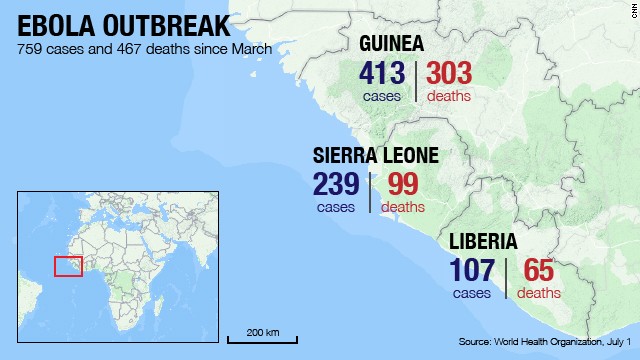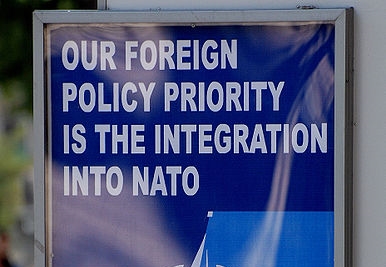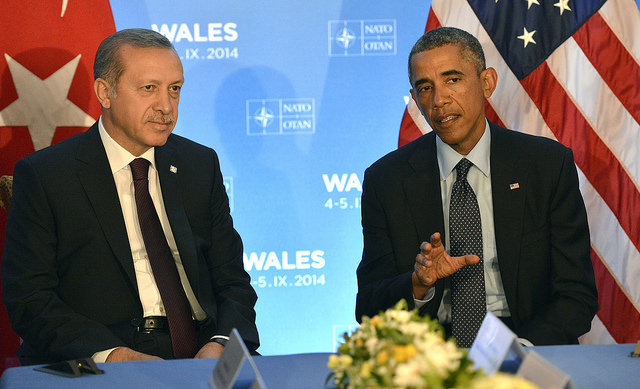The recent attack in Bangladesh by Islamist extremists, which left more than 20 people dead, sent shock waves through the traditionally moderate Muslim nation. Five young men, armed with knives, bombs and automatic firearms, engaged in a gun battle with police, killing two and wounding more. They then seized a popular restaurant in a Dhaka neighbourhood and held some 35 people hostage. The attack killed nine Italians, seven Japanese, one Indian, three Bangladeshis and one Bangladeshi-born American citizen. Islamic State (IS) quickly claimed responsibility for the gruesome attack during which, according to a witness, some victims were tortured when they could not recite verses from the Quran.
It came as a shock to many when the identities of the attackers were revealed; they were all Bangladeshis, mostly middle-class, educated men in their 20s who did not outwardly seem prone to radicalism. IS has published photos of the five smiling young men, holding what appear to be assault rifles and posing in front of a black IS flag. Most had come from privileged backgrounds, and were products of Bangladesh’s elite, several having attended one of the country’s top English-language private schools. Among them was the son of a former city leader in the prime minister’s own Awami League, the governing party. Some analysts said that’s what made them attractive as recruits; their backgrounds meant they would not raise suspicion.
“If you look at the profiles of many militants, those who have gone from Europe or Canada or the U.S. to fight [with IS] in Syria, many, if not most, have come from middle class, established families,” said Ali Riaz, a professor at Illinois State University who studies radical Islamism in South Asia. This cadre of young, educated and highly-motivated recruits with foreign linkages and active social media presences, considered by security analysts to be the new generation of fundamentalists.
Yet the government has categorically denied any presence of IS or Al-Qaeda on Bangladeshi soil. The country’s home minister, Asaduzzaman Khan, responded stating “home-grown terrorists” were responsible for the attack. According to them, IS wants to claim responsibility to show a global footprint, while home-grown militants want to show their international clout. Claims that a particular group is either affiliated to or represents IS are not enough to prove that IS has considerable presence in the country. Instead the finger has been pointed at allies of the opposition party, Jamaat-e-Islami, amid plans to outlaw it altogether. This refusal on the government’s part to acknowledge that it is dealing with serious terrorism, rather than an extraordinarily violent brand of party politics, has begun to sound both rote and specious.
Prime Minister Sheikh Hasina has consistently tried to deny that Bangladesh faces the same Islamic State-inspired jihad that is erupting around the world. U.S. officials and others who pointed out that some attackers had international links were accused of trying to discredit the government. Since gaining power in Bangladesh’s 2008 elections, Hasina has been gravitating toward authoritarian rule, taking serious measures to silence her critics, ranging from attacks on popular media outlets to accusations of terrorism targeting the political opposition. Her Awami League, in its election campaigns, promised to be tough on terror and to prosecute those who had collaborated with Pakistani Islamists to impede Bangladesh’s war of liberation, in 1971. The government has pursued the prosecution of the leader of Jamaat-e-Islami, the country’s biggest religious party, for their alleged involvement despite widely voiced concerns about the fairness of the trials conducted by the Bangladesh International Crimes Tribunal.
For more than three years now, the nation has faced a series of fatal attacks and threats targeting, most notably, writers critical of Muslim radicals, members of the Hindu minority, and foreigners. The Islamic State and a regional branch of Al Qaeda claimed responsibility for many of the killings, yet the Bangladeshi government insists that local groups were responsible. Authorities have also failed to apprehend perpetrators of past attacks, leading to a climate of impunity. In the absence of a strong government response terrorists have become bolder.
Critics argue that by equating the opposition with the terrorists, Hasina is using the attacks for political ends and as a tool to eliminate her rivals. “She needs to stop politicizing the violence and using it as leverage against the opposition,” said Shehryar Farzi, a South Asia analyst for the International Crisis Group think tank. “The zero-sum rivalry is allowing one winner to emerge, and that is these jihadi groups.”
Shafqat Munir, a research fellow at the Bangladesh Institute of Peace and Security Studies, believes IS is at the very least throwing out ideas which could influence certain groups. It is important to find out how the local terrorist outfits in Bangladesh are reacting to the messages and taking their inspiration, if not marching orders. “Terrorists groups do not work in isolation and are always looking out for signals and ideas,” he adds. This attack leaves no doubt that the reach of IS is expanding, and the Bangladeshi government cannot continue on its path of denial.
Photo: By Jubair1985 via Wikimedia Commons. Licensed under CC BY-SA 4.0.
Disclaimer: Any views or opinions expressed in articles are solely those of the authors and do not necessarily represent the views of the NATO Association of Canada.




